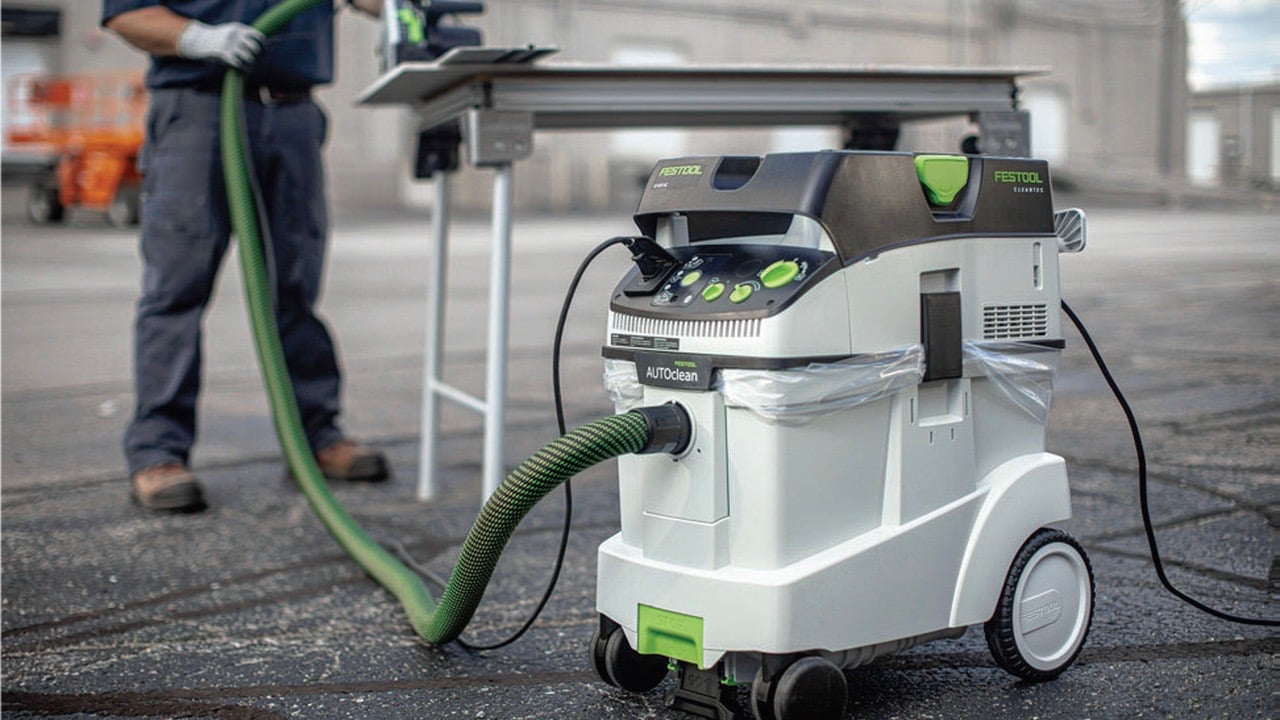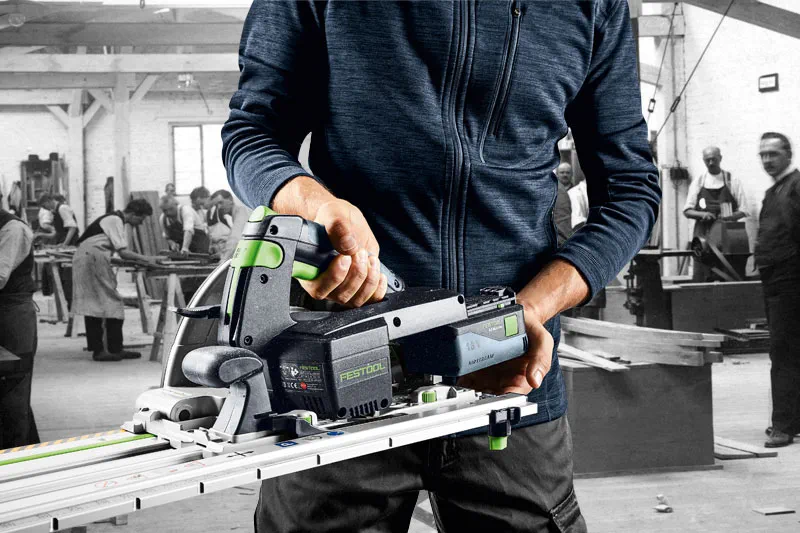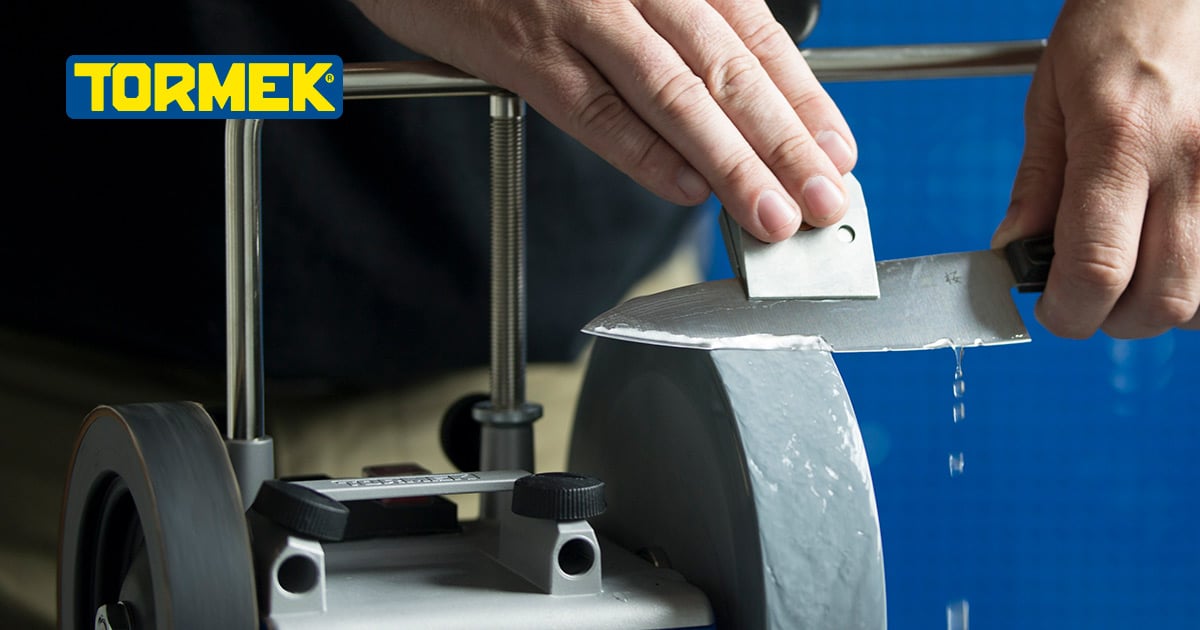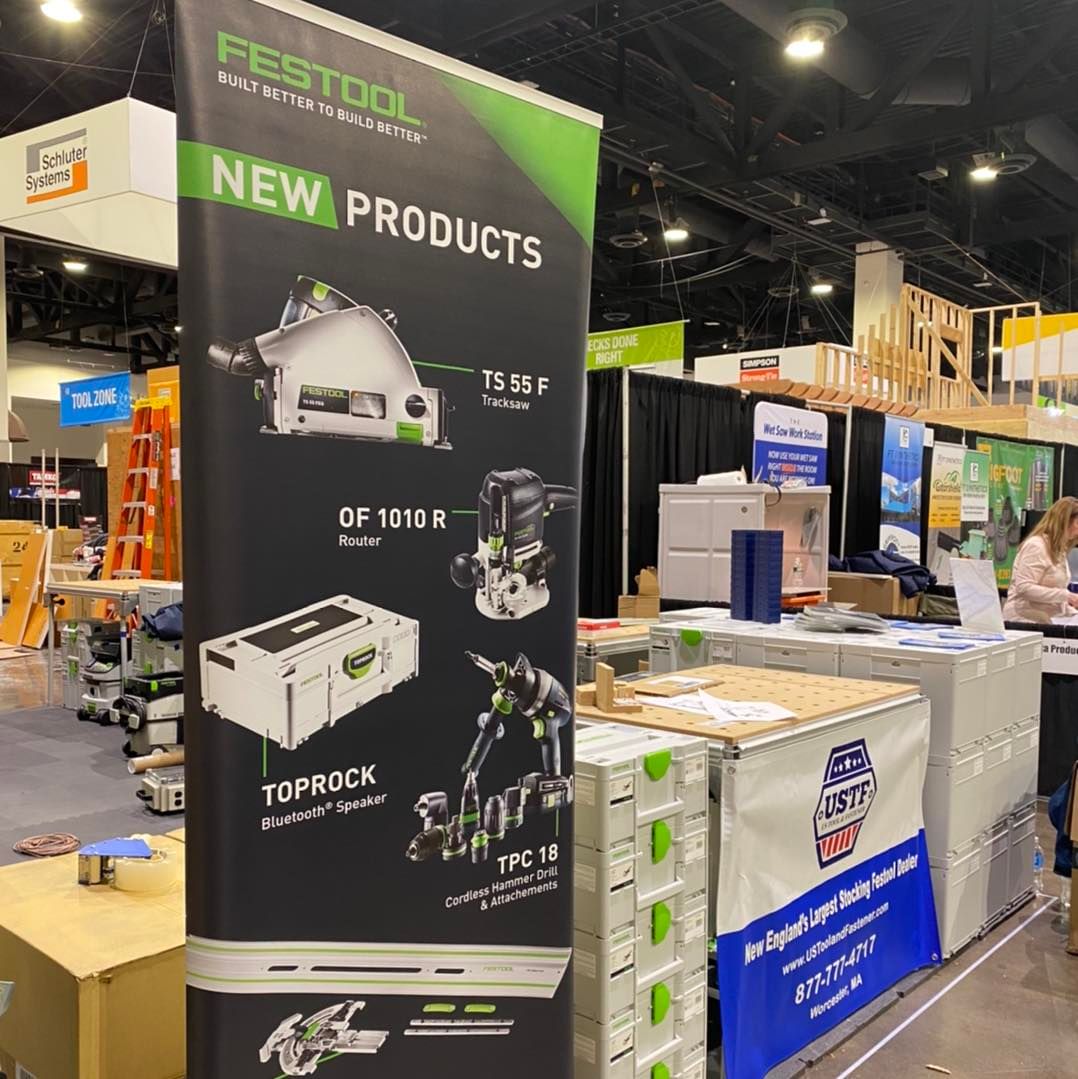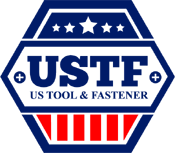HEPA stands for “high-efficiency particulate air filter” or “high-energy particulate arresting filter,” depending on the organization using the term, but the meaning is virtually the same—HEPA filters stop miniscule particles with incredible efficiency. This makes them excellent for medical masks, but also for dust extractors like the new Festool CT 48 (and, in fact, all of the HEPA dust extractor models in Festool’s world-class dust extraction system).
1. How does a HEPA filter work?
A HEPA filter uses a very simple concept to maximum effect. In its purest form, it’s just a mat of randomly aligned fibers made from glass (fiberglass) or synthetic materials.
HEPA itself is a standard for efficiency, set by U.S. DoE, that was originally developed for use in nuclear facilities in the 1940s. In order for a HEPA dust extractor to meet the standard, the filter must remove 99.97% of all particles as small as just 0.3 microns in size (a human hair is 50 microns wide, for reference), including dirt, dust, viruses, bacteria, pollen, allergens and more.
Any particles larger than 0.3 microns are just too big to fit through and get stuck in the outer edge of the randomly arranged fibers. Even some of the smaller particles will end up stopped partway through the filter, becoming lodged in between crisscrossing particles in the mat.
2. Is a HEPA dust extractor worth it?
Yes. Again, this standard was set for use in nuclear facilities, to protect workers from harmful and incredibly small airborne particles. It will work like a charm to keep the air clear of sawdust, dirt, and even metal shavings or powders in your workshop, garage, or on the jobsite.
While ordinary vacuums trap some dust inside the bag or cyclone filter, much of the smaller sized granules and microscopic particles will pass right back into the room, affecting your health. These particles can cause general irritation of the eyes and lungs, trigger asthma or allergies, and even expose your body to serious harmful effects (especially from fine metal dusts, fiberglass, silica dust, lead, asbestos, and other dangerous substances).
HEPA makes the air safe and clear. As the only EPA certified dust extractor for lead paint removal, the line of Festool CT HEPA dust extractors is the safest and most effective solution on the market.
3. Which Festool vacuum accessories are most worth buying?
It’s always wise to have filter element replacements on hand, as HEPA dust extractor filters will gradually become saturated with the particles that they are removing from the air. If you’ve invested in a CT 48, many of our customers have found a ton of value in the Festool CT boom arms, the first Festool vacuum accessories that keep the cord and hose up and out of your way for more efficient work during sanding, sawing, routing or planing.
Finally, we always recommend checking out the custom-curated cleaning sets for universal Festool users, workshop cleaning, and tradesperson/installer cleaning. Each set gives you exactly what you need for the ways you use your HEPA dust extractor most.

